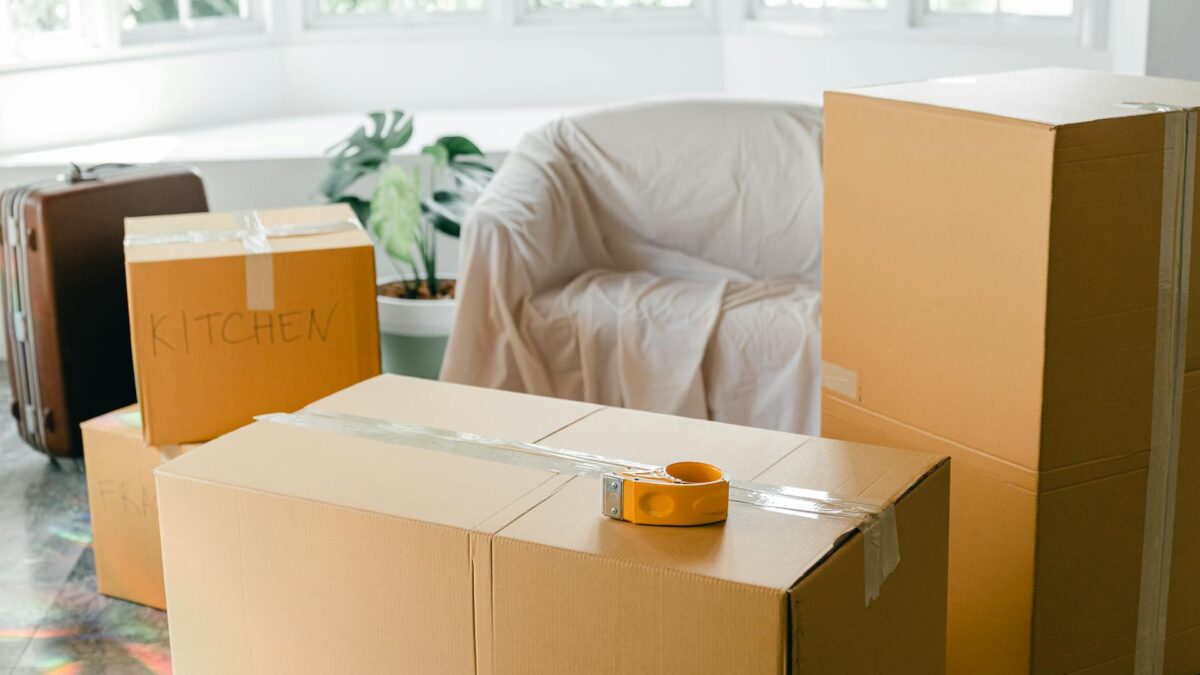
8 Powerful Tips for Negotiating a Higher Salary
February 21, 2024
How to Prepare for Falling Interest Rates: A Comprehensive Guide
March 19, 2024When choosing a home, the buying vs. renting decision is deeply personal, reflecting not just current financial realities but also your future aspirations, lifestyle choices, and personal values. It’s a significant milestone that requires careful consideration of various factors, including your financial health, career stability, and the current market environment.
Whether you choose the flexibility and simplicity of renting or the long-term investment and stability of homeownership, the key is to align this decision with your overall life plan. In this article, we’ll explore the key considerations, advantages, and drawbacks of buying vs. renting to help you make an informed choice that supports your lifestyle and financial goals.
Buying vs. Renting: Considerations and Trade-Offs
Choosing whether to rent or buy a home is a significant decision that depends on various personal and financial factors. Here are six key considerations when navigating the buying vs. renting decision.
#1: Financial Commitment
For many people, the financial commitment of owning a home plays a pivotal role in the buying vs. renting decision. While buying a home typically involves a substantial upfront investment, including a down payment, closing costs, and other fees, renting may only require a security deposit and the first and last month’s rent.
However, the financial implications generally extend beyond initial costs.
Homeowners face ongoing expenses like mortgage payments, property taxes, maintenance, and insurance, which can fluctuate over time. These expenses are often unpredictable and can significantly alter your monthly expenses, making it difficult to estimate the overall cost of homeownership.
Renters, meanwhile, have a set monthly expenditure that usually doesn’t exceed the amount you commit to in your lease. When you sign a rental agreement, you generally know exactly what your housing expenses are going to be each month, so it’s easier to plan your finances.
#2: Investment Potential
Many people view renting as throwing money away, whereas owning a home means you’re building equity in an asset. However, the investment aspect of the buying vs. renting decision isn’t always straightforward.
Indeed, owning a home can be an investment if the property appreciates in value over time. Since 1991, average home prices in the United States have risen just over 4% annually, according to the Federal Housing Finance Agency.
Nevertheless, your home’s value is highly dependent on the current market environment and where you choose to live. Meaning, there’s no guarantee you’ll be able to sell your home for more than you paid for it.
Meanwhile, renting may mean you aren’t building equity in a home. Yet, renting may give you the opportunity to make a more significant investment elsewhere—for instance, your future retirement or other financial goals—potentially earning a higher rate of return than you would by owning real estate.
#3: Lifestyle Considerations
For many people, owning a home is more than just acquiring a physical space; it represents stability, permanence, and the attainment of a major life milestone. Moreover, homeownership allows you to put down roots in a community, providing a sense of belonging and security.
If you plan on staying in the same location for at least five years, buying a home may make sense. It gives you the opportunity to build equity in a physical asset, as well as the latitude to personalize and modify your living space.
On the other hand, renting may be more appropriate if you value flexibility. Depending on your lifestyle and career prospects, you may appreciate the freedom to easily relocate when a new opportunity arises, either personal or professional.
Ultimately, the buying vs. renting decision comes down to your priorities, financial objectives, and lifestyle goals. No matter which path you choose, it’s important that your choice resonate with your personal values and ambitions.
#4: Ongoing Responsibilities when Buying vs. Renting
The buying vs. renting decision is often characterized by the level of responsibility and control you have over your living space, particularly when it comes to maintenance, repairs, and alterations. This isn’t just a financial consideration; it can also affect your day-to-day responsibilities and overall peace of mind.
Homeowners are tasked with all aspects of maintenance and repairs, from the mundane, like lawn care and painting, to the significant, such as roof repairs, plumbing issues, and structural concerns. While this responsibility ensures you have full control over the condition and appearance of your property, it also demands a considerable investment of time, effort, and money.
Renters, in contrast, enjoy relative freedom from the burdens of property maintenance and repair. Landlords are typically responsible for addressing major repairs and general upkeep, relieving renters of these financial and logistical concerns. This arrangement allows renters to enjoy their living space without the worry of sudden, costly repairs or the need for ongoing maintenance tasks.
#5: Current Market Conditions
Economic conditions, interest rates, supply and demand dynamics, and policy changes can all influence the attractiveness of the housing market and overall feasibility of homeownership.
In a seller’s market, where demand outstrips supply, property prices tend to rise, potentially putting homeownership out of reach for many buyers. In 2023, for example, 77% of Americans who began the year intending to buy a home fell short of their goal, largely due to affordability concerns, high interest rates, and low inventory, according to NerdWallet’s 2024 Home Buyer Report.
As the cost of homeownership rises, renting often becomes more attainable and financially attractive. Indeed, a recent analysis by Realtor.com revealed that at the end of 2023, renting a studio to two-bedroom apartment cost nearly $1,200 less per month than buying a starter home in 47 of the top 50 U.S. metropolitan areas.
Meanwhile, buying a home may make more sense financially in a buyer’s market, when there’s an abundance of homes for sale, or when financing costs are low. For those who have the luxury of time and can be patient, waiting until buying conditions are attractive can add clarity to the buying vs. renting decision.
#6: Tax Benefits of Buying vs. Renting
One of the financial incentives of homeownership is the potential for tax deductions, specifically on mortgage interest and property taxes. These deductions can significantly reduce your taxable income, potentially lowering your overall tax liability and making homeownership more affordable.
Renters, on the other hand, don’t directly pay property taxes in the way homeowners do and therefore don’t benefit from property tax deductions. Similarly, the IRS doesn’t allow you to deduct any portion of your rent from your taxable income.
Notably, some states offer tax credits or deductions for renters, aimed at offsetting a portion of the rent that contributes to property taxes. However, these benefits vary by state and are generally less significant than the deductions available to homeowners.
Choosing a Home That Aligns with Your Life’s Goals
The buying vs. renting decision is indeed multifaceted, touching on various aspects of your financial situation and lifestyle preferences. As you consider your options, it’s important to carefully weigh the trade-offs of each, ensuring your choice supports your current needs and long-term aspirations.
If you’re curious how homeownership aligns with your broader financial objectives, SageMint Wealth is here to help. Our team can help you evaluate the decision within the context of your current financial situation, values, and financial goals, so you can choose your next home with clarity and confidence. Contact us today to learn more.
Related posts
Live Well. Do Good.












